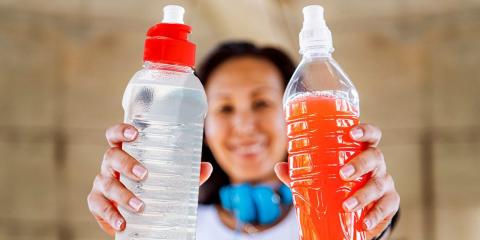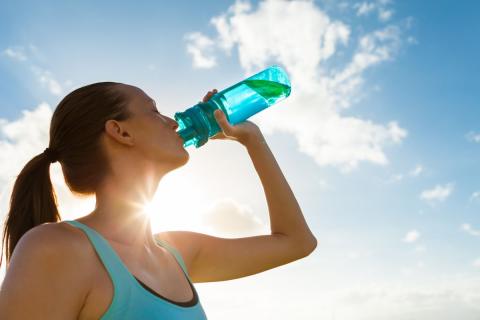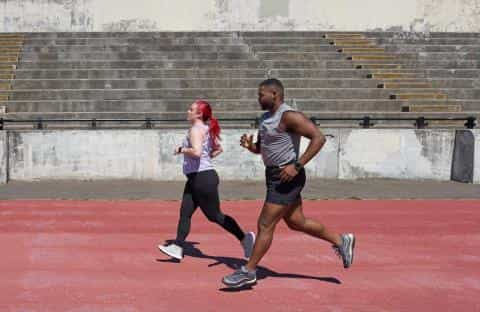
Staying hydrated is essential for anyone engaging in physical activity, whether it’s a casual walk or a competitive sport. But the question arises: Should you drink water, or are sports drinks a better choice? Understanding the difference and knowing when to choose each can make a significant impact on performance and recovery.
1. Water: The Foundation of Hydration
Water is the most fundamental choice for hydration. It helps regulate body temperature, lubricates joints, and supports overall cellular function. For most light-to-moderate exercise routines that last less than an hour, water is typically all you need. It's absorbed quickly by the body and helps maintain hydration levels without adding extra calories or sugars.
When to Choose Water:
2. Sports Drinks: More Than Just a Refreshing Beverage
Sports drinks, such as Gatorade and Powerade, are formulated to provide hydration, electrolytes, and carbohydrates that help replenish what is lost during prolonged or intense physical activity. These drinks typically contain sodium, potassium, calcium, and magnesium, all of which are crucial for maintaining fluid balance and muscle function.
When to Choose Sports Drinks:

3. Understanding Electrolytes and Carbohydrates
One of the primary reasons sports drinks are beneficial during extended or high-intensity exercise is the inclusion of electrolytes and carbohydrates. These components are vital for maintaining energy levels and preventing dehydration. The electrolytes in sports drinks replace the minerals lost in sweat, while the sugars provide an immediate energy source for muscles.
Electrolytes:
Carbohydrates:
4. Consider Your Goals: Weight Loss or Performance
When deciding whether to drink water or a sports drink, consider your fitness goals. If you're focused on weight loss or managing calorie intake, water is a better option since sports drinks often contain added sugars and calories. On the other hand, if you’re training for an event, aiming for better athletic performance, or need to sustain energy for an extended period, sports drinks may provide the edge you need.

5. Hydration in the Right Amounts
While both water and sports drinks play vital roles, overconsumption of sports drinks, especially in non-strenuous situations, can lead to excess calorie intake. It’s also important to note that too much water without electrolytes can lead to a condition called hyponatremia, where the body’s sodium levels drop dangerously low. Balance is key, so drink according to your exercise intensity and duration.
Both water and sports drinks have their place in an athlete's hydration routine. Water remains the go-to for everyday hydration and light activities, while sports drinks are best suited for longer, more intense workouts or endurance events. By choosing the right drink for the right situation, you can optimize your performance, recovery, and overall well-being.
Discover More Content





